Have any question?
Text or Call (954) 573-1300
Text or Call (954) 573-1300
The average employee and business owner relies on various hardware solutions to go about their day-to-day duties. These hardware devices--think keyboards, wireless mouses, external microphones, and any USB devices--utilize drivers which allow for inter-device compatibility. What happens when these drivers aren’t installed or kept up to date? Your technology suffers, and so does your productivity.
Every time that you purchase a new piece of business technology, you’re faced with a choice: go with a product that’s been around for awhile, and thus, is cheaper, or pay a little extra for the latest solution. We like to encourage business owners to go with the latest tech because it saves them money in the long run - an IT concept known as “future proofing.”
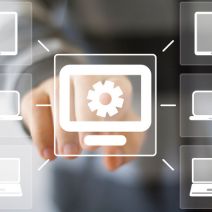 When it comes to technology, upgrading is part of the package. Despite this being a well-established fact, some business owners will delay upgrading for as long as possible, while others will upgrade as soon as the latest product is released. What’s behind a company’s motivation to upgrade or not? We can better understand this by looking at a study on why businesses upgrade their operating systems.
When it comes to technology, upgrading is part of the package. Despite this being a well-established fact, some business owners will delay upgrading for as long as possible, while others will upgrade as soon as the latest product is released. What’s behind a company’s motivation to upgrade or not? We can better understand this by looking at a study on why businesses upgrade their operating systems.
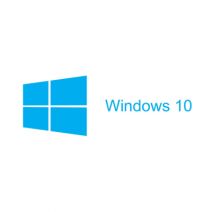 Microsoft’s most recent addition to the Windows family of operating systems, Windows 10, is full of new features, but when it comes to implementing it, many businesses are still dragging their heels. However, the primary reason for this seems to be the fact that organizations want to make sure Windows 10 won’t break their IT infrastructure. Despite this handicap, Windows 10 is still being tested on twice as many PCs as Windows 8 was following its release.
Microsoft’s most recent addition to the Windows family of operating systems, Windows 10, is full of new features, but when it comes to implementing it, many businesses are still dragging their heels. However, the primary reason for this seems to be the fact that organizations want to make sure Windows 10 won’t break their IT infrastructure. Despite this handicap, Windows 10 is still being tested on twice as many PCs as Windows 8 was following its release.
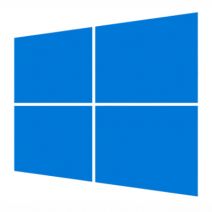 The hype is still strong for Windows 10, and it’s easy to see why. It’s a great operating system that has the potential to change the way your business performs its daily duties. However, the monthly desktop operating system usage statistics released by NetMarketShare hint that Windows 10 adoption is starting to slow down and that many users are simply opting to keep using Windows 7, Windows 8, and Windows 8.1. What gives?
The hype is still strong for Windows 10, and it’s easy to see why. It’s a great operating system that has the potential to change the way your business performs its daily duties. However, the monthly desktop operating system usage statistics released by NetMarketShare hint that Windows 10 adoption is starting to slow down and that many users are simply opting to keep using Windows 7, Windows 8, and Windows 8.1. What gives?
 Privacy Controversy
Privacy Controversy
One of the biggest problems that most users have with Windows 10 is how the default settings are set to provide certain information to Cortana and Microsoft, in exchange for enhanced services and features. Granted, if you’re using the free versions of Gmail, Google Drive, or even Google Chrome, your information is already being collected by Google, so you’re no stranger to having your information collected as it is. It’s up to you to decide whether or not you want to expose this info to Microsoft. For reference, by default, it collects:
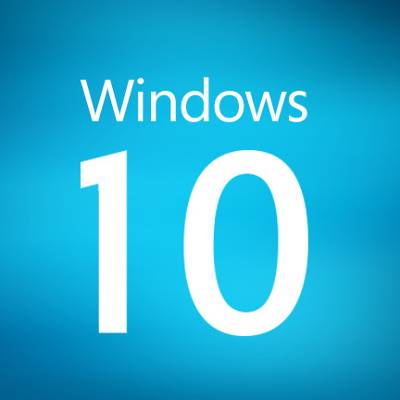 In addition to Microsoft’s upcoming new operating system, Windows 10, the software company has released that there is a new web browser in production. This new browser, code-named “Spartan,” is expected to have similar functionality to Mozilla’s Firefox and Google Chrome, and will be released alongside Windows 10.
In addition to Microsoft’s upcoming new operating system, Windows 10, the software company has released that there is a new web browser in production. This new browser, code-named “Spartan,” is expected to have similar functionality to Mozilla’s Firefox and Google Chrome, and will be released alongside Windows 10.
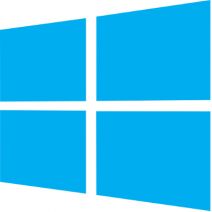 Just because something is brand new doesn’t mean that there’s a market for it. Just look at Windows 8 to see what we’re talking about. It might have been a brand new operating system when it first came out, but it didn’t really take to users, who preferred the familiar feel of Windows 7. How do business owners suspect Windows 10 will affect the business world?
Just because something is brand new doesn’t mean that there’s a market for it. Just look at Windows 8 to see what we’re talking about. It might have been a brand new operating system when it first came out, but it didn’t really take to users, who preferred the familiar feel of Windows 7. How do business owners suspect Windows 10 will affect the business world?
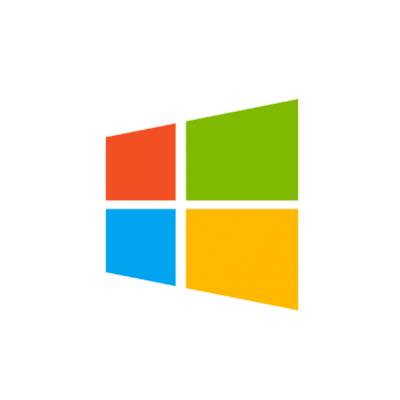 A few weeks ago, Microsoft presented several of their latest projects at a live event. As expected, there was a lot of focus put on the new Windows operating system, Windows 10, in addition to their in-development browser Spartan; but what we didn’t expect Microsoft to show off was a slew of brand spanking new consumer technologies.
A few weeks ago, Microsoft presented several of their latest projects at a live event. As expected, there was a lot of focus put on the new Windows operating system, Windows 10, in addition to their in-development browser Spartan; but what we didn’t expect Microsoft to show off was a slew of brand spanking new consumer technologies.
If you didn’t know Windows can save a list of the text and images you copy, I feel for you—you’ve missed out on a simple trick that could’ve saved you a lot of time. But don’t worry, it’s easy to set up, and I’ll show you how.
Learn more about what L7 Solutions can do for your business.
L7 Solutions
7890 Peters Road Building G102,
Plantation, Florida 33324